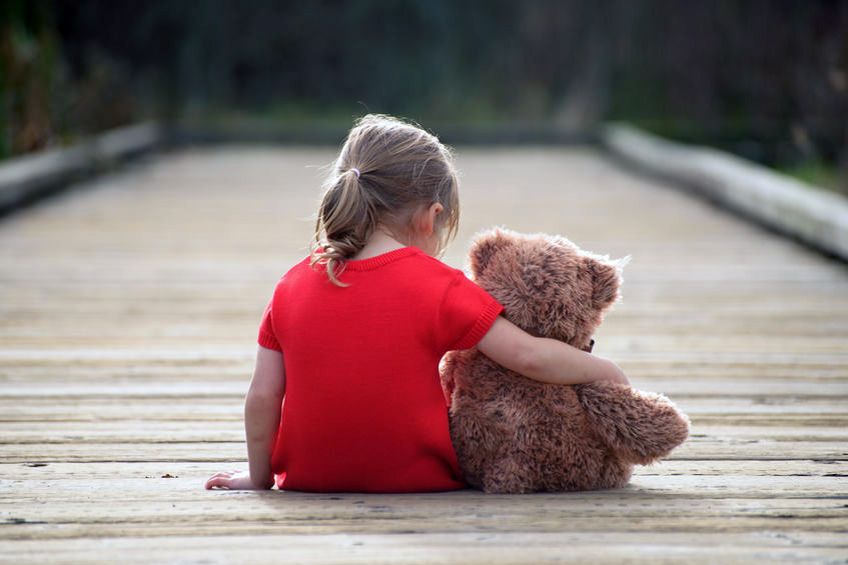For children, the loss of a brother or sister can be truly traumatic. As the parent, it's important to guide them through the grieving process - helping them to process their feelings in a healthy way.

For children, the loss of a brother or sister can be truly traumatic. As the parent, it's important to guide them through the grieving process—helping them to process their feelings in a healthy way, and consoling them without attempting to mute their pain.
The first thing to remember is that honesty really is the best policy, and as your child comes to you with challenging questions, it’s important to answer them clearly and without needless euphemisms. While using age-appropriate language is essential, it’s best to avoid phrases like "went to sleep” or "left us,” which can be misconstrued.
It’s also best to let the child set the pace. Your job isn’t to force your son or daughter to grieve in a particular way, but rather to support them in whatever form their grief takes. So, for example, if your son or daughter does not seem ready to talk about the death, it’s okay to wait until they are.
Parents can always be open and honest about their own bereavement. You will want to "be strong” for your kids, but it’s okay to let them see you cry or to talk about how you feel sad. This can validate their own feelings, and show them that they are not alone in their grief.
Something else that’s often helpful is assisting your child in preserving memories. This might mean letting your son or daughter keep some mementos to remember their sibling, or it might mean talking openly about the deceased child’s favorite foods, activities, TV shows, etc.
Show your child that it is okay to remember their lost sibling—both with sadness and with fondness.



